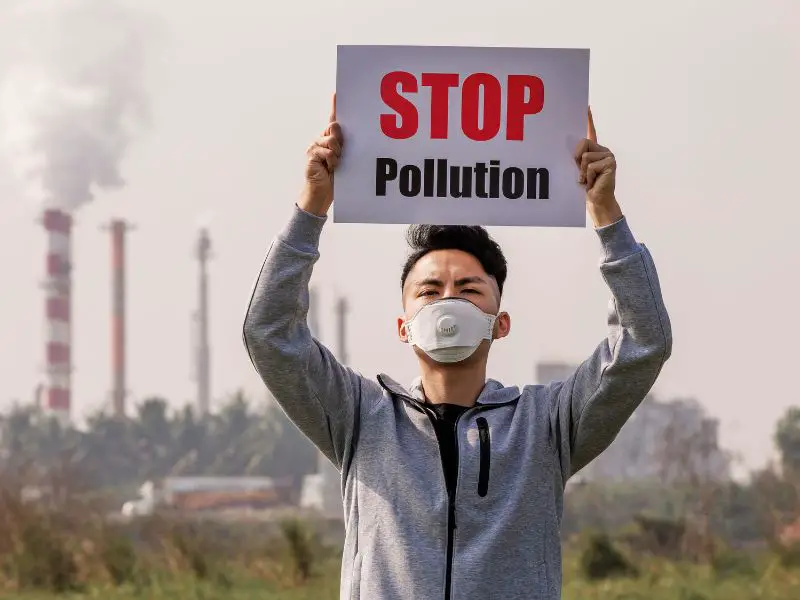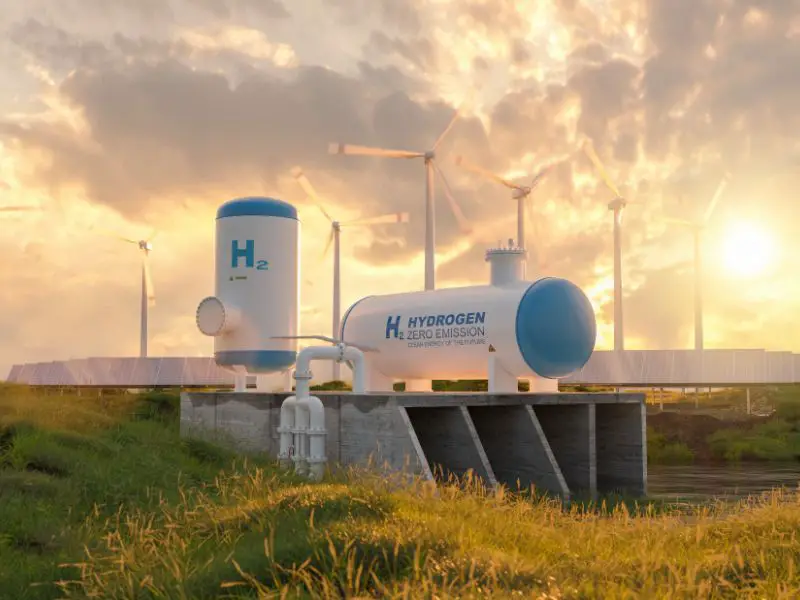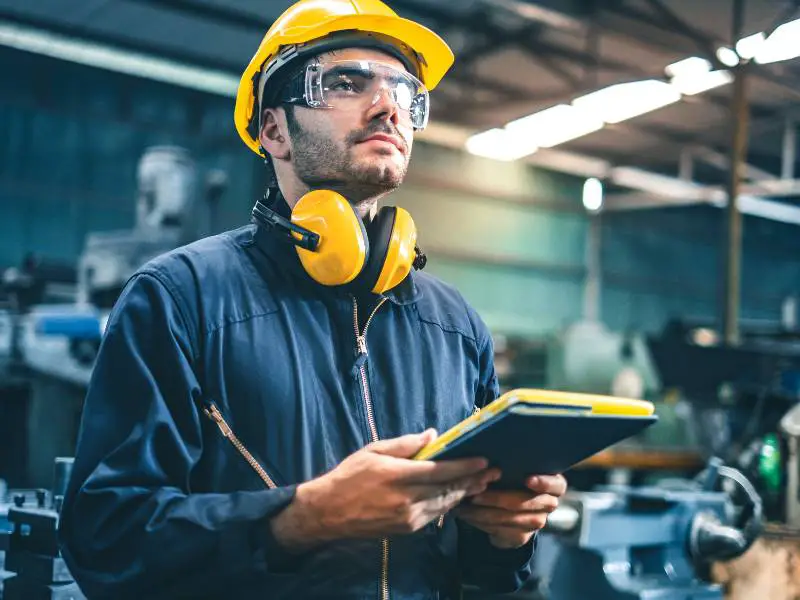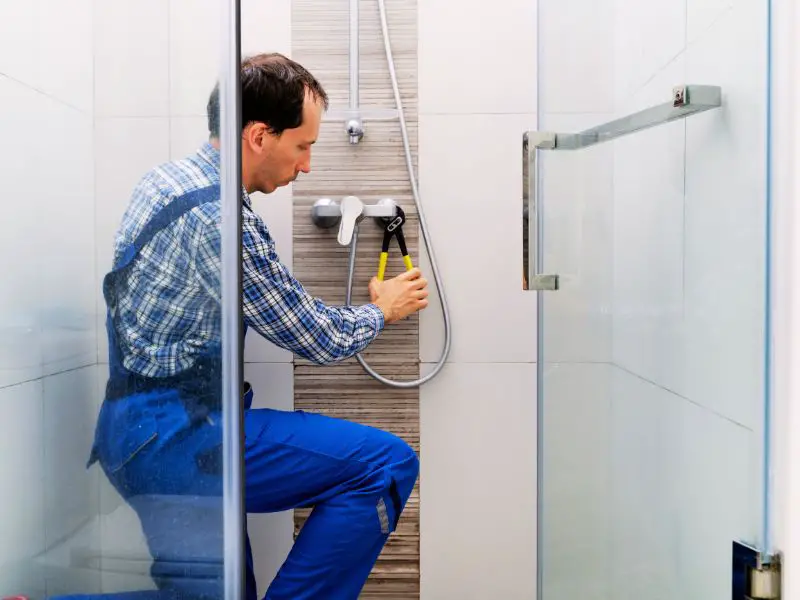Pollution prevention is essential to any solid waste management plan, as it reduces the amount of waste produced and avoids expenses, time, and negative environmental impacts associated with disposing of waste at a landfill.
Pollution prevention helps a company save money by reducing the amount of waste and material its facility produces. It can also lead to more environmentally conscious employees, as pollution prevention practices can be incorporated into a company’s culture. Here you’ll learn more about preventing pollution and how it can be included in your daily life.
What Is Pollution Prevention?
Pollution prevention is the proactive approach to environmental protection, which looks at reducing or eliminating waste before it is generated. It involves reducing or eliminating the use of hazardous materials and other pollutants at the source rather than controlling them after they have been created.

Why Prevent Pollution Rather Than Clean It Later?
Pollution prevention is an essential aspect of environmental protection, as it can help reduce the pollution created in the first place. By preventing the pollution at its source, it is possible to minimize the need for costly clean-up operations and limit the damage to human health and the environment. It also helps to conserve resources and energy and reduce costs associated with pollution control. In addition, pollution prevention can help to protect biodiversity and ensure sustainable practices are adopted.
What Is Pollution Control?
Pollution control is reducing or eliminating the release of pollutants into the environment. It is usually accomplished through regulatory requirements, technology, and management practices. Pollution control measures may include waste minimization, recycling, and treatment of industrial and agricultural pollutants, as well as regulations to limit emissions from vehicles and other sources. While pollution prevention is the most desirable approach, pollution control can help reduce existing environmental damage and protect human health.
Importance of Pollution Control
Pollution control is integral to preserving the environment and keeping it safe for future generations. Pollution control focuses on reducing the emissions of pollutants, such as carbon dioxide, sulfur dioxide, and nitrogen oxides, which can cause air pollution and other environmental damage. We can decrease the pollutants that enter our atmosphere and water sources by controlling emissions. This helps to protect human health and the environment from serious harm.
Pollution control also helps reduce the cost of managing waste and can even improve energy efficiency. With proper pollution control measures in place, we can ensure that our environment remains healthy and sustainable for generations.
Pollution Prevention Approaches
Pollution reduction can be applied to all processes and wastes, including utilities, agriculture, government, consumers, and businesses. Prevention is essential to prevent the destruction of wetlands, groundwater, and other vital ecosystems – especially those areas where we want to prevent pollution before it starts.
In the energy sector, reducing the environmental harm caused by the extraction, processing, transportation, and burning of fuels is one of the potential benefits of pollution control. Methods of preventing pollution include the following:
- Improving energy consumption efficiency;
- Use of renewable sources

In the agricultural sector, ways to prevent pollution include;
- Cutting down on the amount of water and chemicals inputs
- Adoption of less ecologically hazardous pesticides or the development of crop strains with inherent resistance to pests will reduce the environmental impact of agriculture.
- safeguarding potentially vulnerable regions

In the industrial sector, ways to prevent pollution include;
- Adopting a manufacturing process that creates less waste
- Using non-toxic or less hazardous cleaning, degreasing, and other maintenance chemicals
- Putting in place ways to save water and energy
- Reusing things like drums and pallets instead of throwing them away as garbage

In homes and schools, ways to prevent pollution include;
- Avoiding throwaway water bottles by using reusable ones
- Switching off lights automatically when not in use
- Fixing dripping faucets and hoses
- Substituting “green” cleaning products
- using non-toxic pest control methods;
- using solar panels to generate electricity;
- using energy-efficient appliances;
- washing clothes in cold water whenever possible;
- replacing incandescent light bulbs with compact fluorescent bulbs

In cars, ways to prevent pollution include these tips;
- Saving money at the pump. Your car’s projected gas mileage may vary depending on how you drive, maintain, and fuel your vehicle, regardless of the brand or model of your car.
- Turn off your engine if you are waiting longer than 30 seconds;
- Use cruise control – set it at the most economical speed for highway driving;
- Don’t carry extra weight – remove unnecessary items from your car;
- Stop and start efficiently – accelerate smoothly;
- Check your tire pressure – having the right psi reduces your gas mileage by 1%;
- Avoid idling – turn off your engine when you are stopped for more than a minute;
- Avoid heavy braking – avoid slamming on the brakes;
- Don’t use your air conditioning – roll down the windows instead.

Benefits of Pollution Prevention
- Saves money
- Helps cut down on the usage of harmful materials.
- Fosters the use of raw materials, personnel resources, equipment, energy, and water more effectively and efficiently.
- Increases worker health and safety by enhancing air quality, lowering the number of harmful compounds used, and reducing the number of times employees must wear protective equipment.
- Reduces regulatory obligations by doing away with permits, hazardous waste manifests, monitoring, and reporting.
- Enhances community ties, brand perception, and consumer loyalty.
Bottomline
In conclusion, all individuals need to take responsibility for their actions when it comes to the environment. With proper awareness and knowledge, you can adopt new habits and routines that help to preserve our precious natural resources. Learning about ways to reduce your carbon footprint and make eco-friendly choices in your daily life is also essential. Remember – your actions make a difference!
Find out more about the pollution we are experiencing by reading these guides: Organizations Fighting Ocean Pollution, How Does The Plastic Pollution Crisis Affect You, Major Cities With the Worst Pollution


1 thought on “How to Implement Effective Pollution Prevention Strategies”